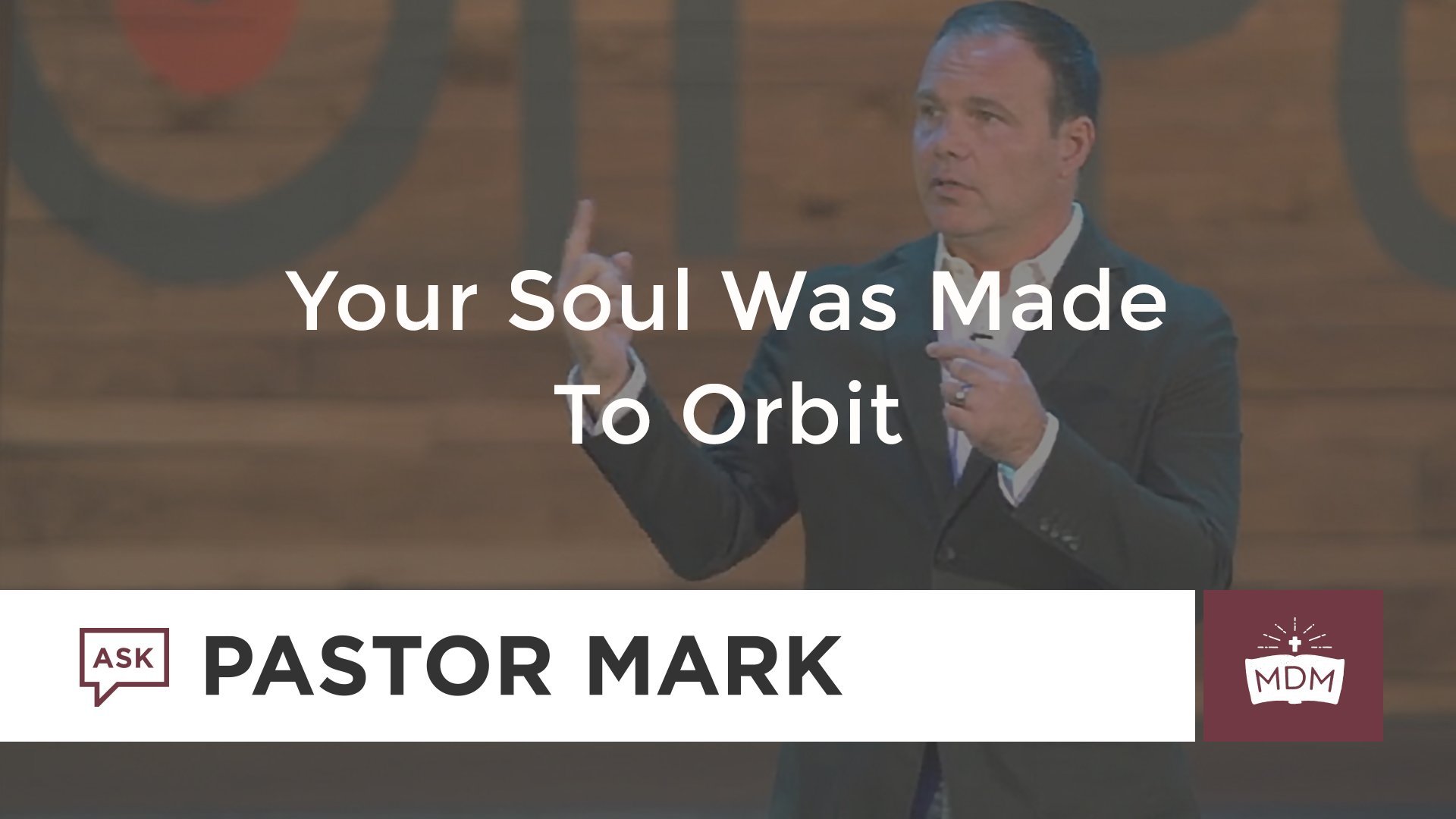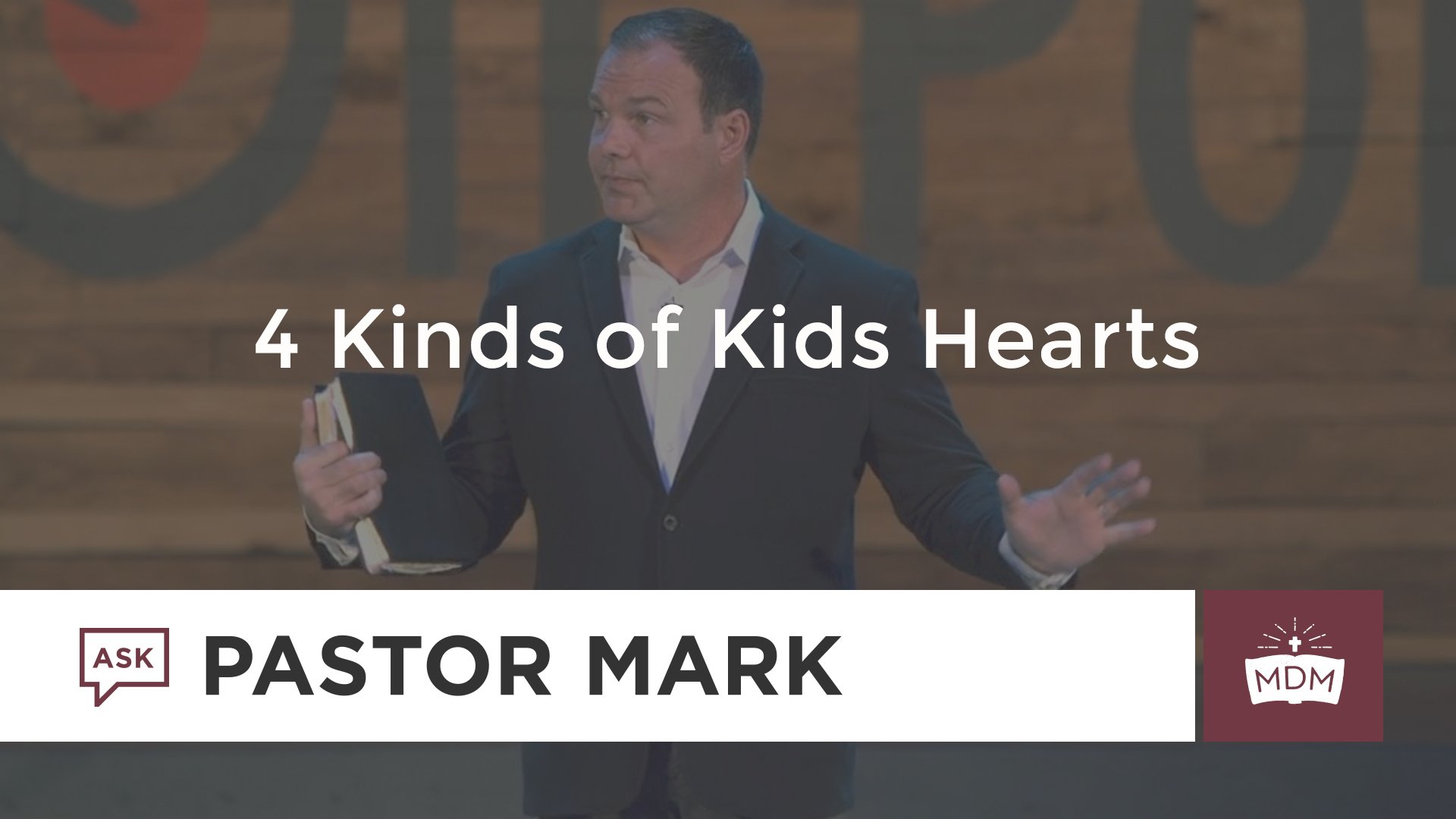The Boy Who Is Lord: Favored by God
Luke 1:30
[Y]ou [Mary] have found favor with God.
Gabriel appears to this young girl named Mary, and it says that she was startled. Gabriel likely appeared as a man, and men would not have customarily approached and engaged in private with a young woman like that. Additionally, he says that she has found “favor with God.” Gabriel shows up and gives this great announcement ringing in her ears; something like, “God has favored you; He’s elected you; He’s chosen you; He’s looked over the earth, and He’s favored you, Mary. Do you remember hearing in the reading in synagogue that a virgin would give birth to a child? That’s you, Mary!”
Do you know what that word favor literally means? It’s the word for grace, undeserved favor, and unmerited love. This word describes the essence of how we are saved, loved, and embraced by God. Mary was saved by grace and chosen by God to be a recipient of grace.
The same is true for all who become Christians; we’re chosen by God to be recipients of grace, because God’s favor is upon us. If you are a Christian, God has given you grace – He’s favored you. We don’t deserve it. Every true Christian stands alongside Mary as one who has been favored by God.
If the first question is, “God, why would You favor her?” the answer is, because He’s good. There’s no reason beyond that. God could have looked down and said, “I’ll pick a wealthy young woman,” or “I’ll pick a successful, significant woman,” or “I’ll pick a beautiful town, a palace, so that the Son of God can grow up in affluence, wealth, prominence, and significance.” Instead, God chooses Mary. God sees us all as valuable, which isn’t dependent on where we live, how much we have, what we do, or how “significant” the world sees us. Our value comes from being created in God’s image, period.
That’s amazing. This is better than religion. Religion is all about what you do to earn God’s favor, but Christianity is all about God favoring you by grace, taking somebody from nowhere and giving love. That’s what He does. That’s why we can’t stop singing of how wonderful this God is and why Mary bursts in to song.
Gabriel proceeds to tell Mary the amazing news: Your son will be named Jesus, which means, “God saves from sins.” Her son will be God’s Son and her Savior.
Mary hears the plan, and her response is legendary: “Behold, I am the servant of the Lord; let it be to me according to your word” (Luke 1:38). Here is a woman from a simple town with a simple faith, but it’s a sincere faith. She possibly knows very little. She doesn’t have the New Testament; she has bits and pieces of Scripture that she treasures in her heart. But here’s what she does have: faith. She believes what God says. Knowing what God says is of little value apart from believing what God says. Mary believes God.
Many of us have far more information than Mary and far less faith in it. Mary knows little, but trusts much. Friend, this is amazing. Many of us have a life charted out for ourselves, and we want God to bless it and make it happen. But if God rewrites our script, we usually contend with God, or at least complain to God. Mary was going to marry Joseph, have a wedding, have children, and live a respectable quiet life. The angel Gabriel shows up and says, “New script.”
Culturally, we may not fully appreciate what Mary is willing to sacrifice. She could have lost her fiancé. She did lose her reputation. For the rest of her life, accusations and suspicions hounded her from those who believe the virgin birth story was fabricated to conceal an illegitimate pregnancy.
Mary’s faithful response shows that she does not idolize marriage, her identity, her comfort, or her security above her God. This courageous resolve will one day be emulated by her son. In the Garden of Gethsemane, when God asks the grown man Jesus to atone for the sins of the world through the shedding of His blood, He says, “Your will be done” (Matthew 26:42). There are moments in His life when Jesus echoes His godly mother.
Take a moment today and simply thank God that He has chosen to favor you with His grace and love.



